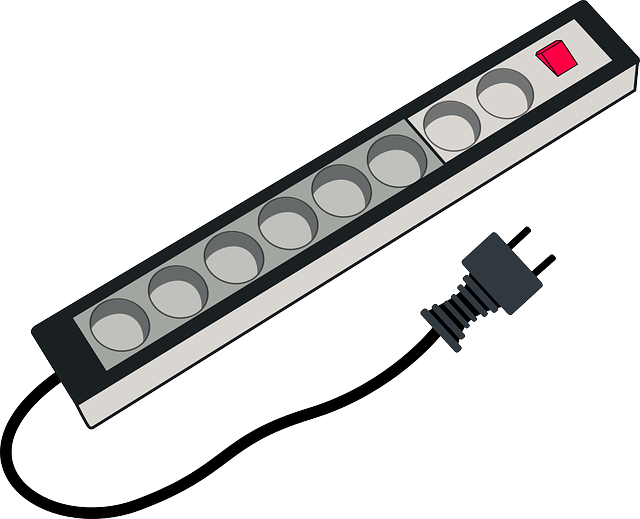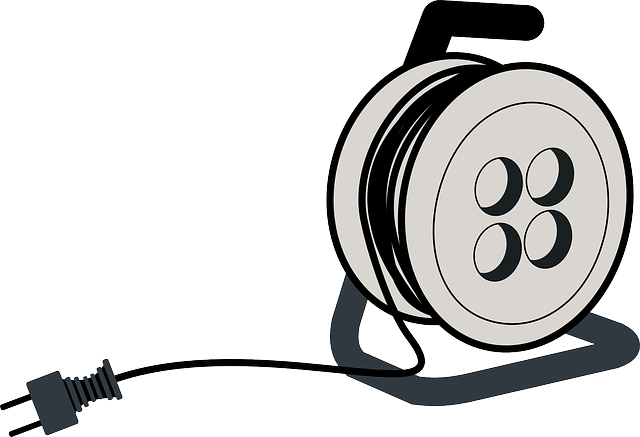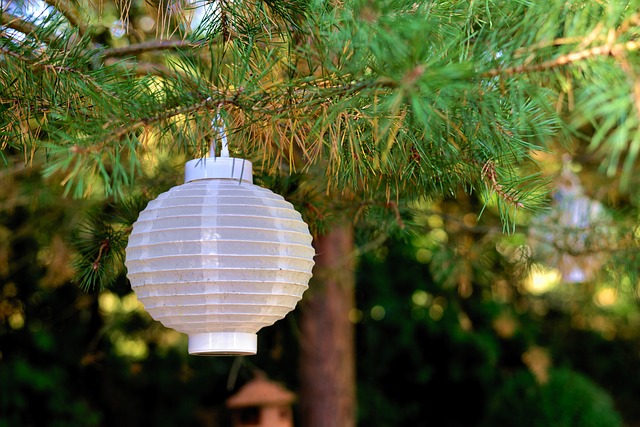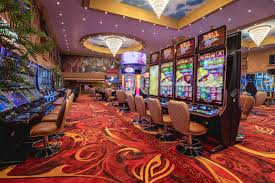
Finding an electrical outlet in just the right place we need can be quite a challenge. And even after you manage to find one, the outlet may not match your appliance’s power requirements. So how can we navigate this imbalance of outlets to connect all our devices safely? Well, you could simply rely on an electrical extension cord.
Various types of electrical extension cords can reduce the need for unplugging and connecting multiple appliances to the same port every time you need them. It also provides the correct power for different appliances based on the load.
Given extension cords typically support several appliances at once, there are certain criteria to keep in mind while choosing them to improve safety. Here we will explore five points to keep in mind while buying extension cords.
1. Select The Right Wire Gauge
Gauge value refers to the size or diameter of the cord. It reflects on the maximum current capacity the wire can hold without melting.
Identifying the correct gauge number requires developing a better understanding of the frequency of usage and application. A small gauge number indicates a larger wire with higher wattage capacity.

Lightweight extension cords, like 14 gauge extension cord, are appropriate for appliances like lamps. They are two prong extensions without a ground wire. Medium cords are three-prong wires that can provide additional power to bigger appliances like computers, radios. Heavy-duty cords are the best choice for devices like fans, toasters, refrigerators. These are heat-dissipating appliances with ten amps or above requirement.
Ensure that the cords have an inbuilt fuse to avoid accidents in case of misuse.
2. Learn Your Way Around Power Cord Signs
Extension cords have a unique letter engraving on the outer plastic coating. These letters have a specific significance relating to the safety of the cord. It helps to avoid misuse and ensures the proper operation of various appliances connected to them.
While scooping out an extension cord at the store, read these letters to identify the perfect cord for your application.
- K – Oil Resistance.
- J – Appropriate for heavy-duty applications.
- W – Appropriate for outdoor applications only.
- P – Appropriate for parallel electric use, like in the case of air conditioners
- T – The topcoat material of the wire is Thermoplastic Vinyl.
- E- The topcoat material is Thermoplastic Elastomer that is a rubber-based ingredient.
- S- General purpose or multipurpose cord.
As a safety measure, you can color cord extension cords in your house to avoid misuse as well. You can decide red for heavy-duty, blue for light-duty, and white or black for outdoors to prevent damages or accidents at home.
3. Indoor Or Outdoor Matters
One of the most common blunders while buying extension cords is not keeping the placement in mind. Indoor and outdoor applications demand differently from the extension cord, and therefore choosing the suitable options based on where you plan to place them influences the safety.
For example, if you plan to create a lighting system on your porch or in the garden area for a party, you will require an outdoor extension cord. They usually come with safety measures such as water resistance and increased temperature resistance to enhance safety. This way, you can be sure that the wire does not break or melt from the high temperature that could cause an electrical shock.

Similarly, in the case of indoor applications, you can pick out the appropriate extension cord based on the appliances you use with it. Indoor extension cords are typically not as resistant to water and temperature variations as outdoor cords. Therefore avoid using them outside.
4. Refer To The Testing And Certificates
Look for certifications given by independent testing laboratories while shopping for extension cords. The certificate will give a glimpse into the safety practices used by the company while manufacturing.
Read the instructions provided on the labels to make sure you are using the power cords correctly. Matching the maximum power draw capacity of the cord with your appliances is crucial for best usage.
Another critical point to consider about extension cords is the length. Long cords typically cannot handle as much power as short lengths for the same gauge. Keep this in mind choosing to make the best purchasing decision.
5. Some Appliances Are Just Not Meant For Extension Cords
Extension cords are extremely useful to connect multiple appliances at the same time. But they might not be the right choice for all devices. Although heavy-duty power cords with fuse might be a good choice in some cases, it is best to use a direct connection to the power outlet to support high wattage requirements.
Connecting such devices to an extension cord might seem to work well. But with long-time use, you will experience heavy heat dissipation that could melt or break the cord fuse. In some cases, it could also lead to a fire hazard.
Therefore avoid connecting heavy draw appliances such as space heaters, irons, toasters, hairdryers, treadmills, to extension cords. Use the closest power outlet to prevent any problems.
Conclusion
These are some crucial points to keep in mind to ensure you are choosing a safe extension cord. Apart from selecting the right cord, it is also necessary to keep in mind some crucial safety tips while operating them.
Remember to never create cascades of extension cords by connecting one cord into another. Avoid plugging heavy load appliances in low power cords. Do not overload the extension cord with too many heavy power connections to avoid a fire hazard.

